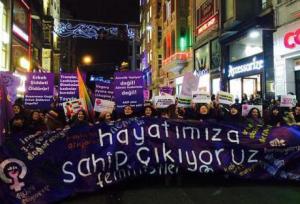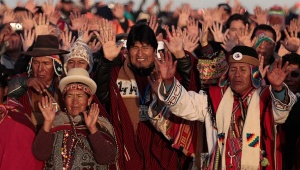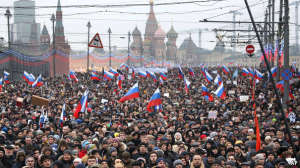Hurriyet Daily News (02/04/2015) examines the implications of globalisation on Turkish society and the radicalisation of nationalist stances in the country’s modern political identity, as analysed in the newly-published collection of essays Turkey between Nationalism and Globalisation.
New York Times (05/04/2015) reports on the controversial attempt by Bulgaria to stop the flow of refugees from North Africa and the Middle East through the construction of a fence aimed at deterring people from crossing the border.
I24 News (07/04/2015) looks at the reasons behind Pakistan’s involvement in the Yemen war, and analyses the implications for the regional geopolitical balance.
Aljazeera America (06/04/2015) describes the procedure that foreigners must face to obtain Russian residency, in the context of a framework of historical revisionism.
The New Yorker (06/04/2015) looks at the effects of living abroad on Chinese students, and the impacts of this experience on their conception of Chinese politics, foreign policy, and democracy.
News compiled by Sabella Festa Campanile
If you would like to write a response to any of these news stories, please email us at sen@lse.ac.uk





